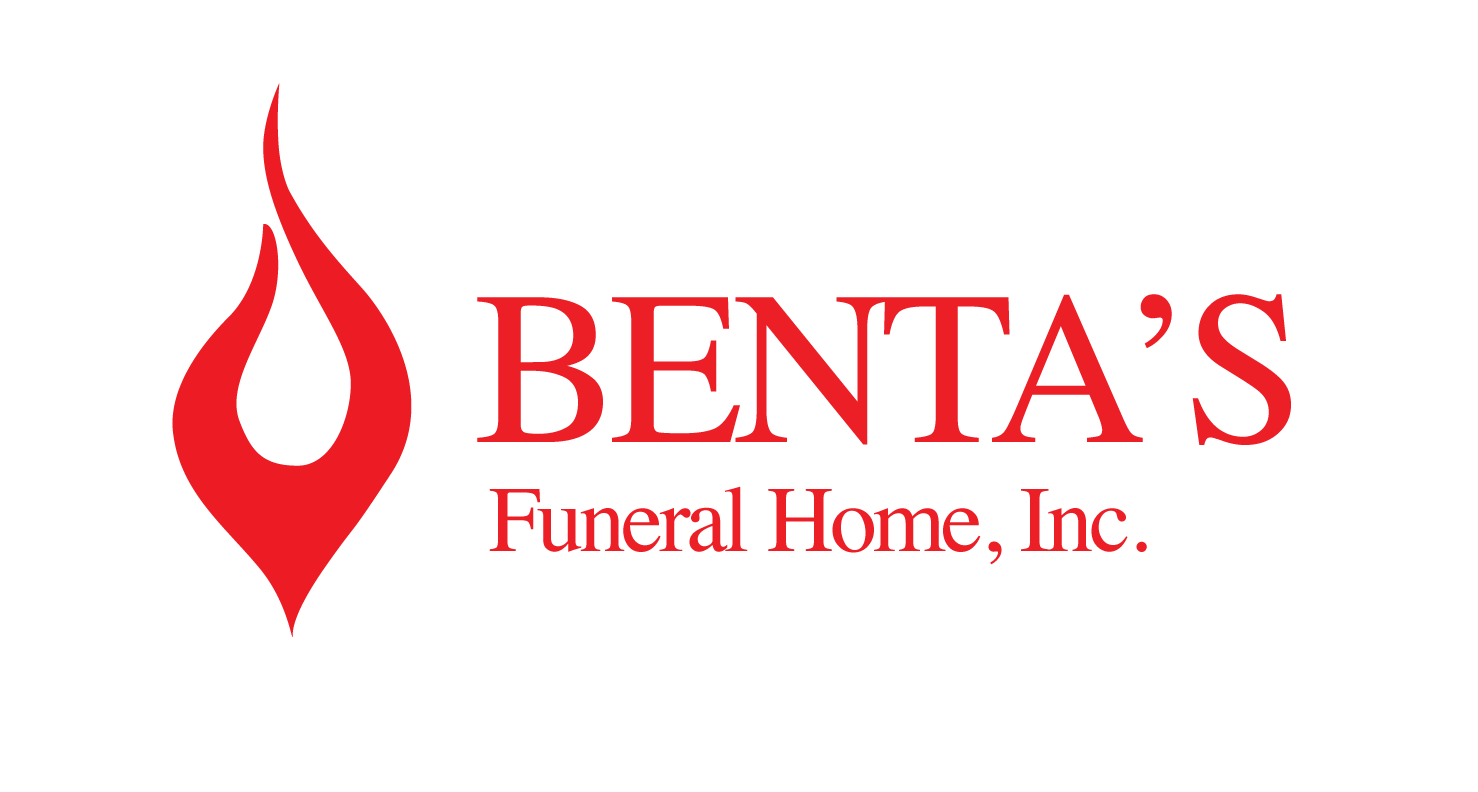
Where to Begin
Families plan ahead for many major events in life such as weddings, birthdays, vacations, careers and retirement. Today, for a variety of reasons, more families are giving consideration to advanced funeral planning. We have outlined for your reference, some of the major reasons and benefits of funeral pre-planning and the steps necessary to complete the process.
Where to Begin
After experiencing the loss of a loved one, families become aware of the many decisions which have to be made in a short period of time under unusually stressful circumstances. To avoid this for other family members in the future and to make certain their personal wishes are understood and carried out, many people choose to plan their funeral in advance. This single decision can be a source of comfort, relief, and peace of mind for you and your entire family. Pre-planning and its many advantages are being considered by more and more families.
Within Hours
When a loved one passes at home or in a place that isn’t a healthcare facility, you’ll need to contact emergency personnel before they can be taken into our care. If your loved one was under medical care, it’s a good idea to call their physician as well.
If your loved one passes in a healthcare facility, healthcare facility personnel notify the proper authorities, including the funeral home you have chosen to care for your loved one if they know that information.
Emergency and medical personnel involved in this part of the process will help you with obtaining a medical certificate and any other necessary paperwork.
This part of the process is often the most emotional, and we are here to help and support you. If you’re not sure what to do, contact us any time.
Within the First Few Days
You’ll want to notify close friends and relatives, both through personal phone calls as well as your loved one’s funeral announcement. If this process is too painful for you, it’s absolutely okay to ask a trusted family member or friend to help you.
This also is the time to review any of your loved one’s preplanned funeral wishes and meet with a funeral director to begin planning their service. If your loved one did not preplan their funeral, you might want to start thinking about a few of the big choices you will need to make, such as:
Burial or cremation
If burial, the type of casket
If burial, the location of their final resting place in a grave or mausoleum
If cremation, the type of urn
If cremation, the location of their final resting place through burial or scattering
Any religious services you will need, such as clergy or spiritual leaders
The types of services you want, such as a viewing, service, graveside memorial, etc.
These questions are just a starting point, and you don't need to know the answers right away. Don’t hesitate to contact us to gain a better understanding of your options. We're here to make this process easier for you.
What to Expect When We Meet
When you meet with a member of our staff to discuss arrangements, we'll first provide you with a list service options to give you a basic idea of what our
services cost.
We'll then ask you about your loved one to gain an understanding of the person the services will honor. Use this time to communicate your ideas and preferences, share your loved one's life story, revisit memories, and highlight their accomplishments. Our professionals will use this information to guide you in the creation of a personalized, meaningful celebration of your loved one's life.
This process may include:
Preparing and filing the official death certificate
Scheduling the services and events (including the location, date, and time)
Selecting a casket, urn, or other products you may need (Memorial Products and or photos if your requesting a video tribute.
Drafting an obituary
Arranging necessary transportation
Selecting pallbearers
We'd like to make this process as smooth and stress-free for you as we can, remember to bring the following information about your loved one with you as well:
Full legal name and home address
Social security number
Date of birth
Place of birth
Father's name
Mother's maiden name
Veteran's discharge papers (DD-214), if applicable
Highest education
Occupation
Information about the burial location, if applicable
Clergy name and phone number, if applicable
Names and relationships of survivors
Insurance policy information if using to pay for funeral expenses
In addition, please bring a photograph and any apparel you'd like your loved one to be dressed in for the service.




